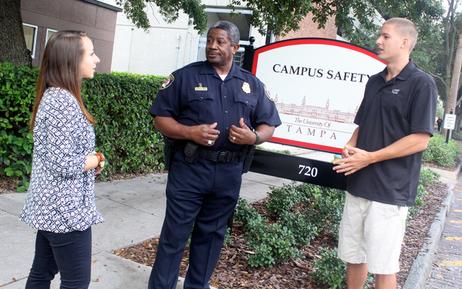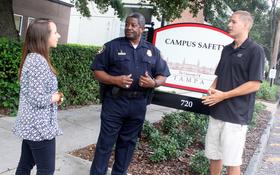Ever since tragedy hit Virginia Tech in 2007, college campuses have been examining ways to make their schools safer for students and faculty. The more recent shootings in Arizona have further illustrated the need for intervention with disturbed students who could pose a potential danger to themselves or others. However, identifying the problem and finding a reasonable solution are two very different things. We will take a look at how some colleges are learning lessons from the Arizona tragedy and using what they learned to enhance safety on their campuses.
About Jared Loughner
Jared Loughner was a student at Pima Community College in Tucson. The college became concerned about some of Loughner's erratic behavior and eventually suspended him from the school. A few months after Loughner's suspension, he opened fire on a shopping mall in Arizona, wounding 13 and killing six people, including U.S. Rep. Gabrielle Giffords.
According to a report at Google News, officials at Pima Community College released 51 pages of police documents on Loughner, depicting him as "creepy," "very hostile," and "having difficulty understanding what he did wrong in the classroom."
When Loughner released a YouTube video that called the college a "scam" and associated it with genocide, school officials told Loughner and his parents that he was no longer able to return to his classes. He would also need to obtain a report from a psychiatrist attesting to his mental health before coming back to the school campus again.



















